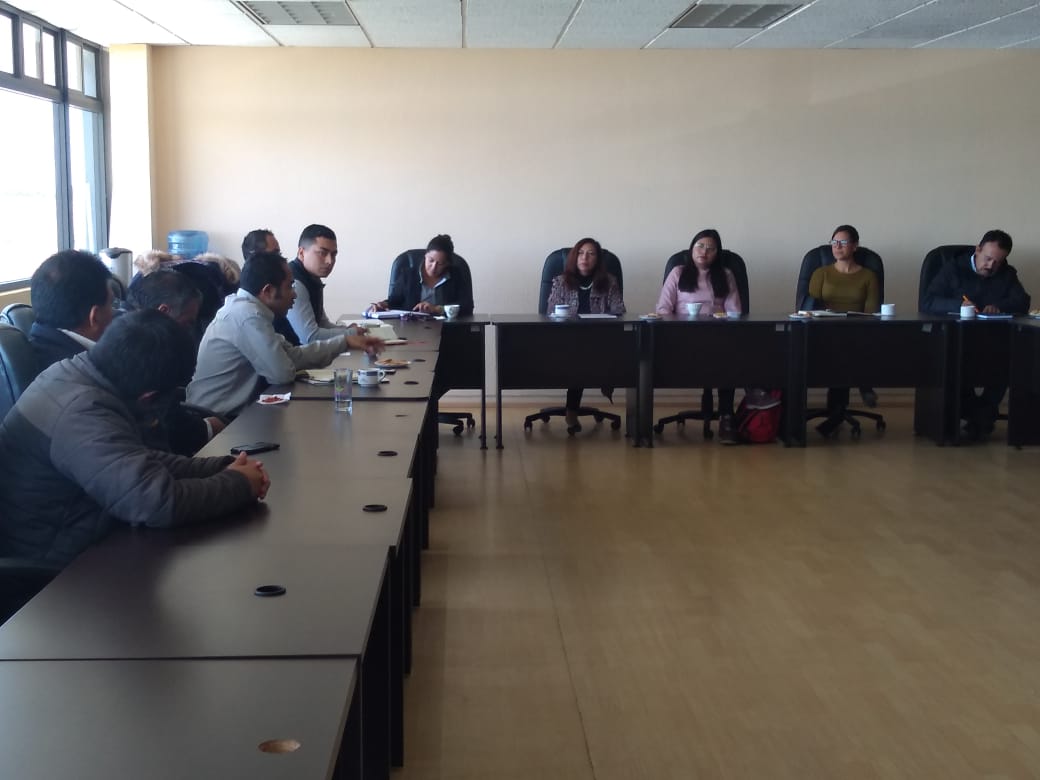Mediation
Mediation between the State, businesses, and communities is a fundamental process for managing conflicts and fostering dialogue among the various stakeholders involved in large investment projects, such as solar farms, wind farms, or mining projects. These projects often have significant impacts on local communities, ranging from environmental issues to impacting their ways of life. Therefore, mediation becomes a strategic tool to ensure a harmonious and sustainable relationship between all parties involved.

At our consulting firm, we offer a comprehensive State-Business-Community mediation service, focused on resolving conflicts peacefully, with an intercultural approach that respects human rights. This service is designed for large companies and governments that need to establish constructive and transparent relationships with the communities affected by their projects, facilitating mutual understanding and fair and equitable problem resolution.
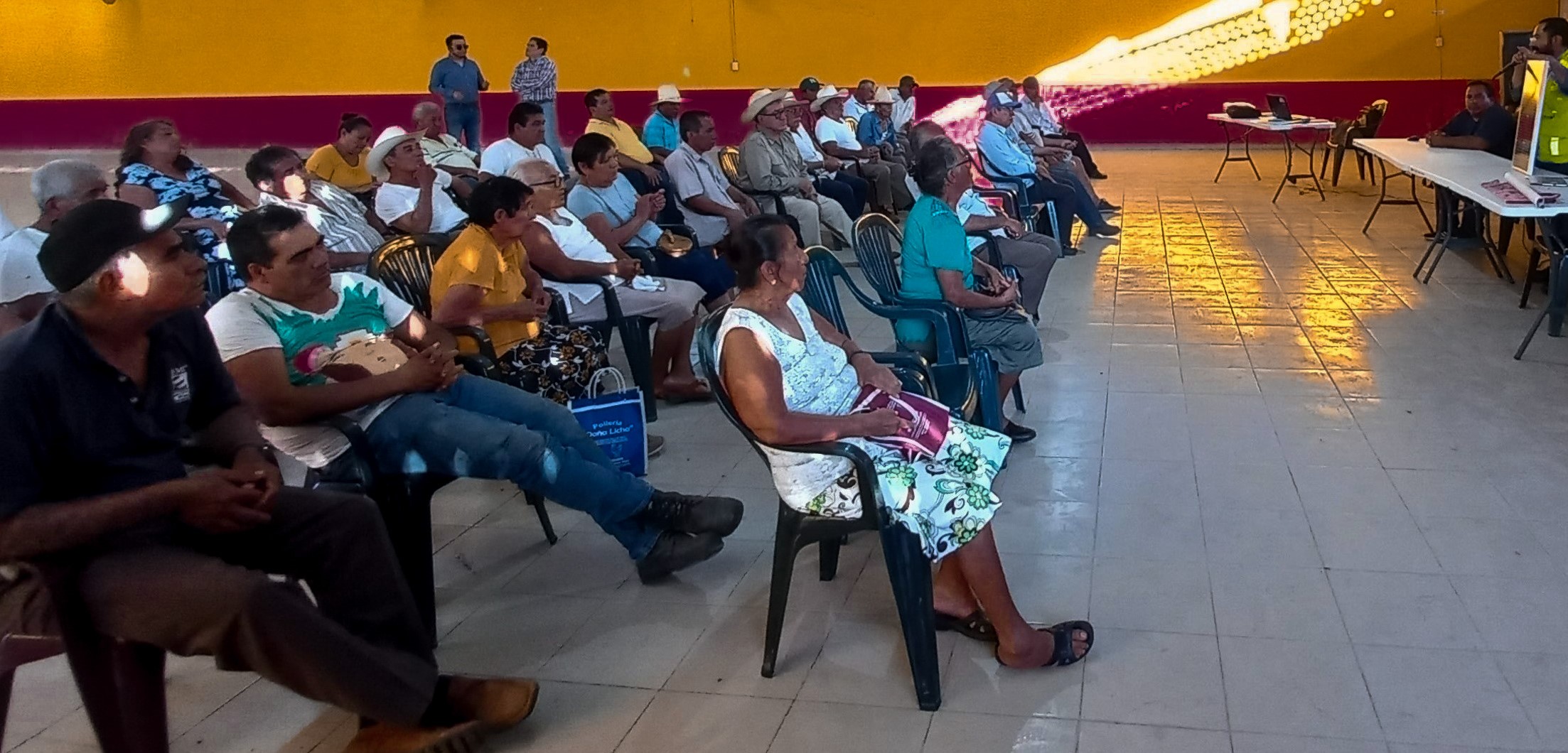
Why is mediation important in these contexts?
Conflicts between companies, governments, and communities are common in large-scale projects, especially when they affect the territory, natural resources, or worldview of local communities. Mediation offers a solution that prevents these conflicts from escalating into violence or project paralysis. By establishing a transparent and trustworthy channel of communication, mediation facilitates all parties to express their concerns, expectations, and needs in an environment of mutual respect.
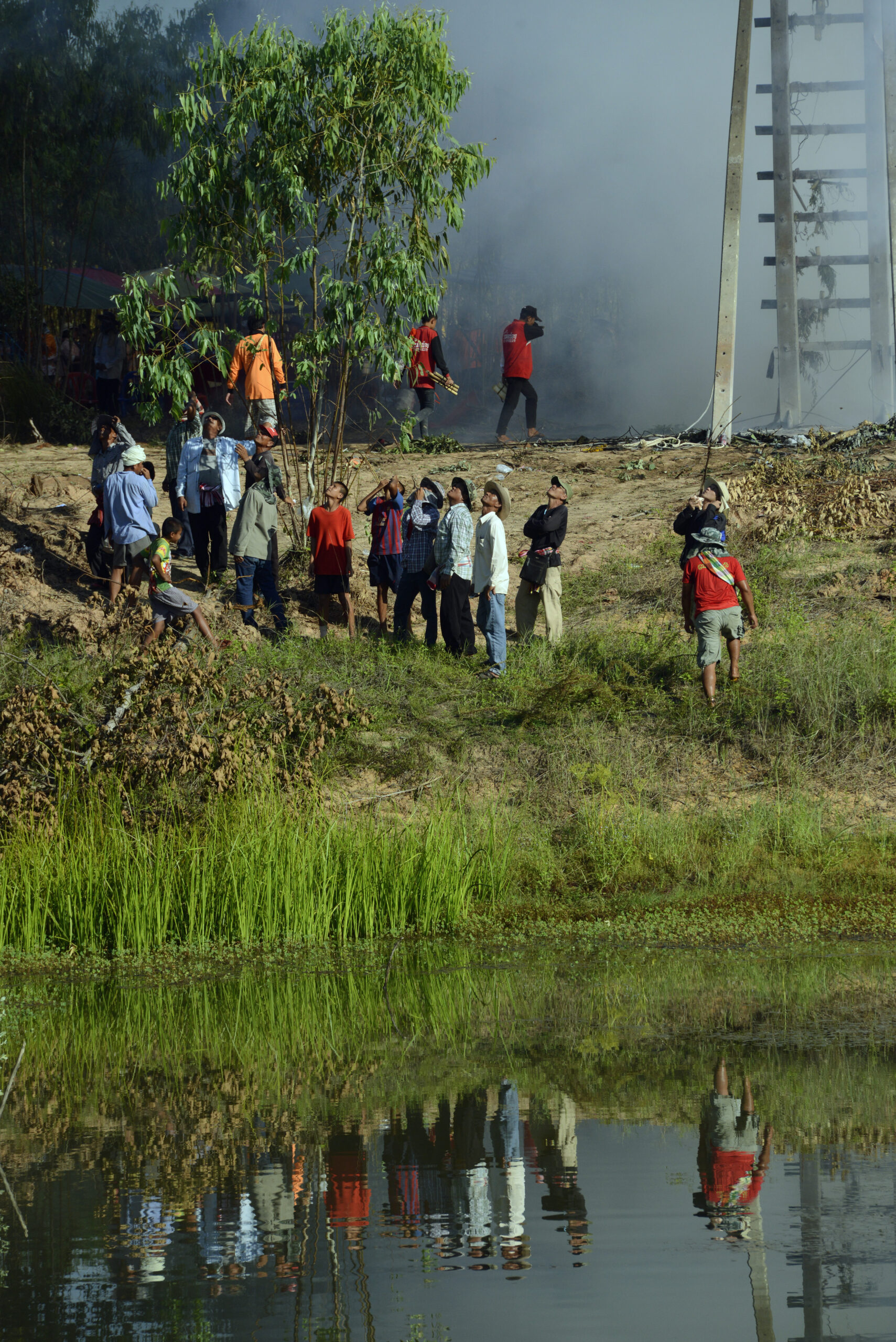
For example, in cases such as socio-environmental conflicts, many of these arise because natural resources are located in the territories of indigenous or native peoples who feel threatened by extractive projects. These communities often have different worldviews and values regarding the territory, which generates tensions that are not always adequately addressed by institutional dialogue mechanisms.
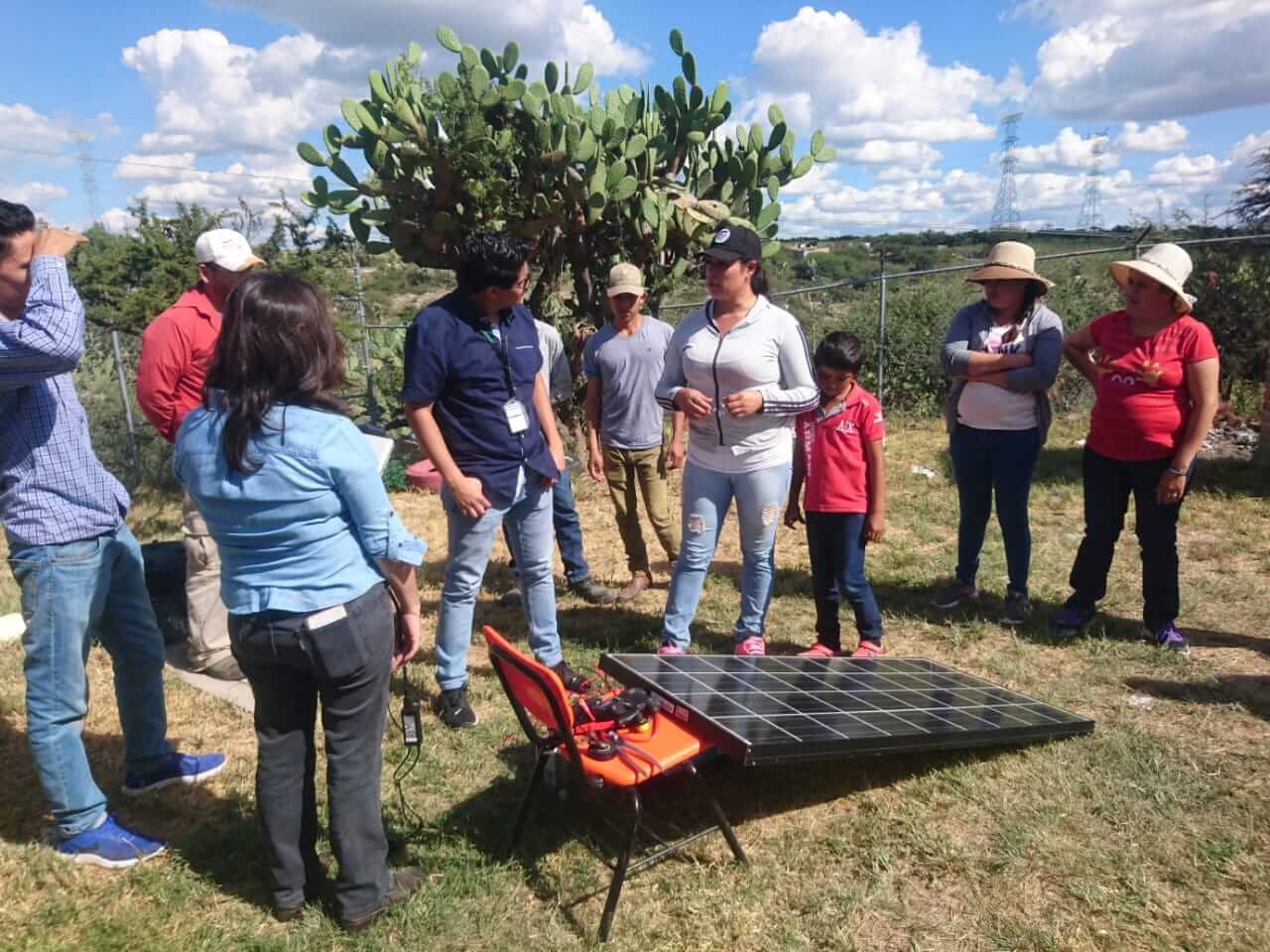
Our approach to intercultural mediation
One of the key components of our service is intercultural mediation. We understand that cultural differences play a crucial role in conflicts between businesses and local communities, especially in regions where worldviews and traditional practices are deeply rooted. Therefore, our approach goes beyond simple economic or contractual agreements and focuses on understanding and respecting the cultural, spiritual, and social values of communities.

This intercultural approach allows us to identify the key actors in each conflict, not only those directly affected, but also secondary actors who can influence the resolution, such as local authorities, community leaders, and representatives of non-governmental organizations. Furthermore, we work with impartial external actors who can bring an objective and methodological perspective to the process.
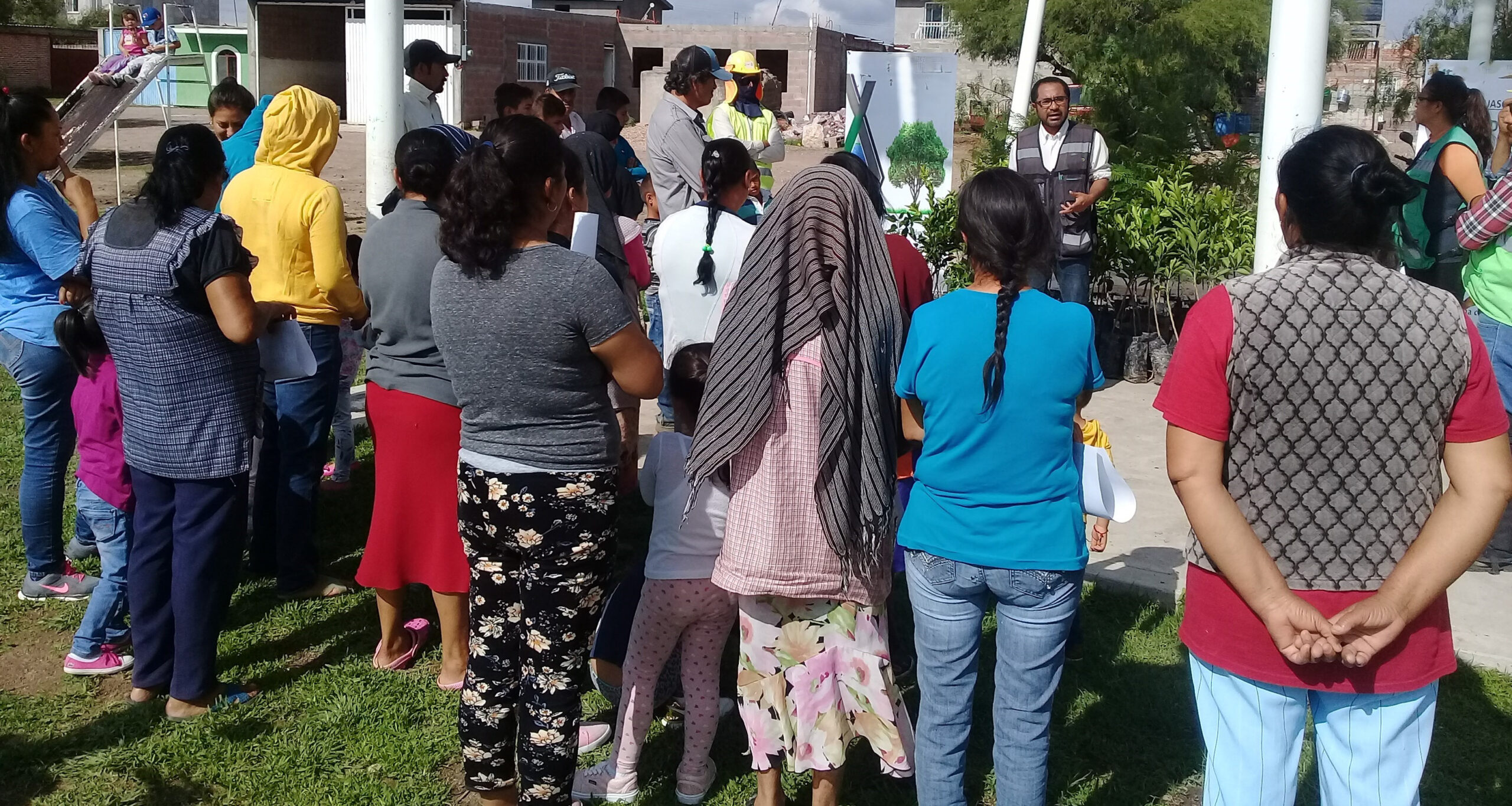
Stages of the mediation process
Diagnosis and analysis of actors
The first step in our mediation process is to conduct a thorough assessment of the conflict. This includes identifying the subject matter of the conflict, understanding the positions of each of the actors, and analyzing the social, political, and cultural dynamics underlying the problem. This analysis allows us to map all the actors involved, from primary to secondary, and design a mediation strategy tailored to the specifics of the conflict.
Generation of spaces for dialogue
Creating spaces for dialogue is essential for all parties to express their concerns and find shared solutions. We facilitate meetings that promote mutual respect and transparency. We also ensure that communities participate actively and equitably, which is essential to legitimize the agreements reached.
Implementation of agreements and monitoring
Once agreements are reached, our team oversees the implementation of the agreed-upon actions and conducts ongoing monitoring to ensure they are met within the established timeframes. We also manage the financial and human resources allocated to the implementation of these agreements, ensuring that community rights are respected and sustainable development is promoted.
Benefits of the mediation service
Conflict prevention
One of the main benefits of mediation is conflict prevention. By establishing an open and respectful channel of communication from the start of the project, the chances of disagreements that could escalate into violence or disruption of activities are reduced. This is especially important in contexts where companies depend on community stability and cooperation to carry out their projects.
Reducing reputational risks
Companies that properly manage their relationships with local communities and respect their rights significantly reduce the reputational risks that can affect their image locally and internationally. Mediation helps build relationships of trust that improve public perceptions of the company and position it as a responsible actor committed to sustainable development.
Regulatory compliance
Mediation also facilitates compliance with national and international regulations regarding human rights and prior consultation. By managing conflicts appropriately, companies can ensure that their projects comply with legal requirements, which in turn reduces the risk of sanctions or suspensions.
We have the knowledge and skills to facilitate agreements between communities and companies that allow communities to continue their traditional practices while ensuring the project's sustainable development. These types of solutions are only possible with a deep understanding of the cultural and social dynamics underlying conflicts.
Our State-Business-Community mediation service is a comprehensive solution for managing conflicts arising in the development of large investment projects. Through an intercultural approach, the creation of spaces for dialogue, and ongoing monitoring, we facilitate agreements that benefit both companies and local communities. In this way, we contribute to the sustainability of projects and to building more harmonious and respectful relationships among all stakeholders.
